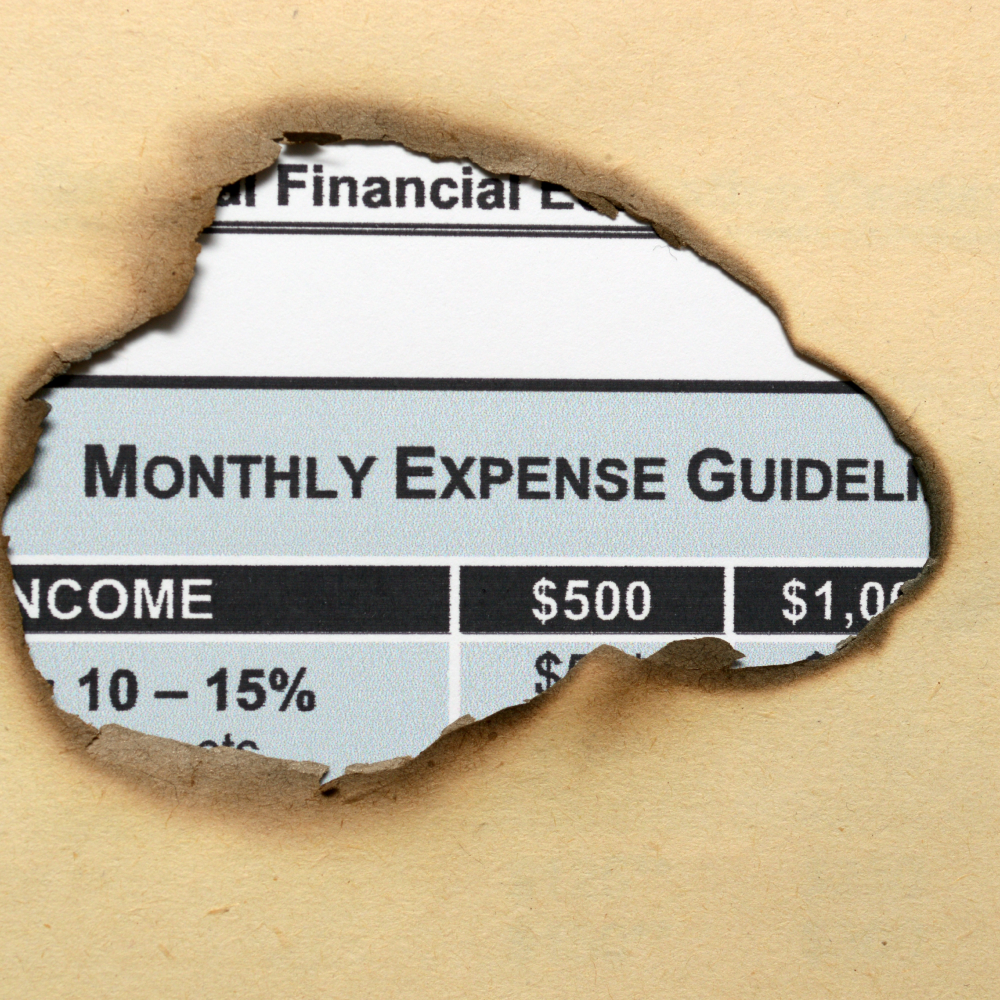What are the most important features in a checking account?

Exploring Essential Features in a Checking Account for Optimal Financial Management
A checking account serves as the cornerstone of personal financial management, enabling individuals to easily access and manage their funds for day-to-day transactions. As financial institutions continually strive to offer enhanced services and convenience, consumers are presented with a diverse array of checking account options. Recognizing the most important features in a checking account is paramount for making informed decisions that align with one’s financial goals and needs.
1. Low or No Fees
One of the primary considerations when evaluating a checking account is the fee structure. A truly advantageous checking account minimizes fees, if not eliminating them altogether. Monthly maintenance fees, overdraft fees, ATM usage fees, and transaction fees can erode the account’s balance over time. Opting for a checking account with minimal or no fees can substantially enhance an individual’s financial health and promote responsible financial management.
2. ATM Access and Fee Reimbursement
Convenient access to ATMs is a pivotal feature in a checking account. The ability to withdraw cash without incurring fees, especially when using ATMs outside the bank’s network, can significantly impact an account holder’s financial choices. Some financial institutions offer fee reimbursement for out-of-network ATM usage, further bolstering the account’s accessibility and utility.
3. Online and Mobile Banking
In an era dominated by technology, online and mobile banking capabilities are indispensable features in a checking account. The ability to review transactions, monitor balances, pay bills, and transfer funds electronically provides unparalleled convenience. A user-friendly mobile app can empower individuals to manage their finances on-the-go, fostering a sense of control over their monetary affairs.
4. Overdraft Protection Options
Overdraft fees can be a costly pitfall for account holders who inadvertently spend more than their available balance. Checking accounts that offer overdraft protection options, such as linking to a savings account or a line of credit, can prevent overdraft fees while ensuring that essential transactions are not declined due to insufficient funds.
5. Interest-Earning Potential
While checking accounts are not traditionally associated with earning significant interest, some financial institutions offer interest-bearing checking accounts that yield a modest return on the account balance. Although interest rates might be relatively low compared to dedicated savings accounts, this feature can still contribute to the account’s overall value, especially for those who maintain higher balances.
6. Account Alerts and Notifications
Staying informed about account activity is vital for maintaining financial security. Checking accounts equipped with customizable alerts and notifications can provide real-time updates on account balances, large transactions, and potential security breaches. These features enable individuals to promptly address any irregularities, enhancing their financial vigilance.
7. Debit Card Benefits
A debit card linked to a checking account should offer more than just access to funds. Look for accounts that provide additional benefits such as purchase protection, extended warranties, and rewards programs. These perks can add substantial value to the overall banking experience and incentivize responsible spending.
8. Accessibility to Customer Support
Efficient customer support is a cornerstone of satisfactory banking experiences. Choosing a financial institution that offers readily accessible customer service via phone, email, or in-person visits can be crucial for addressing account-related concerns, resolving issues, and receiving guidance when needed.
9. Minimum Balance Requirements
Different checking accounts may have varying minimum balance requirements to waive monthly fees or access certain features. Understanding these requirements and ensuring they align with one’s financial capacity is essential to avoid unexpected charges.
10. Branch and ATM Network
For those who prefer in-person banking experiences, the availability of physical branches and ATMs can be a determining factor when selecting a checking account. Being able to visit a branch for complex transactions or cash deposits can provide a sense of security and convenience.
In conclusion, the modern checking account is far more than a repository for funds; it is a dynamic tool that can significantly impact one’s financial well-being. By evaluating key features such as fee structures, accessibility, technology offerings, and additional benefits, individuals can make informed decisions that align with their financial objectives. A well-chosen checking account has the potential to streamline financial management, foster responsible spending habits, and contribute to overall fiscal health.
Look to California Community Credit Union for all your Checking Account Needs
At California Community Credit Union, we have the financial experts who can guide you through the entire process for your checking account needs. You won’t have to stress at all as we help you choose the perfect checking account that fits your unique circumstances and personal needs. Look to CACCU as your professional partner when it comes to selecting the right checking account for you. We offer low rates and flexible terms.We invite you to contact us today to get started.
you may also like
Credit Union Membership: What You Need to Know
Credit unions have become a significant part of the financial ecosystem by offering a range of products,…
How to Achieve Financial Wellness
In today’s fast-paced world, achieving financial wellness has become the foundation of personal success. Financial wellness does…










